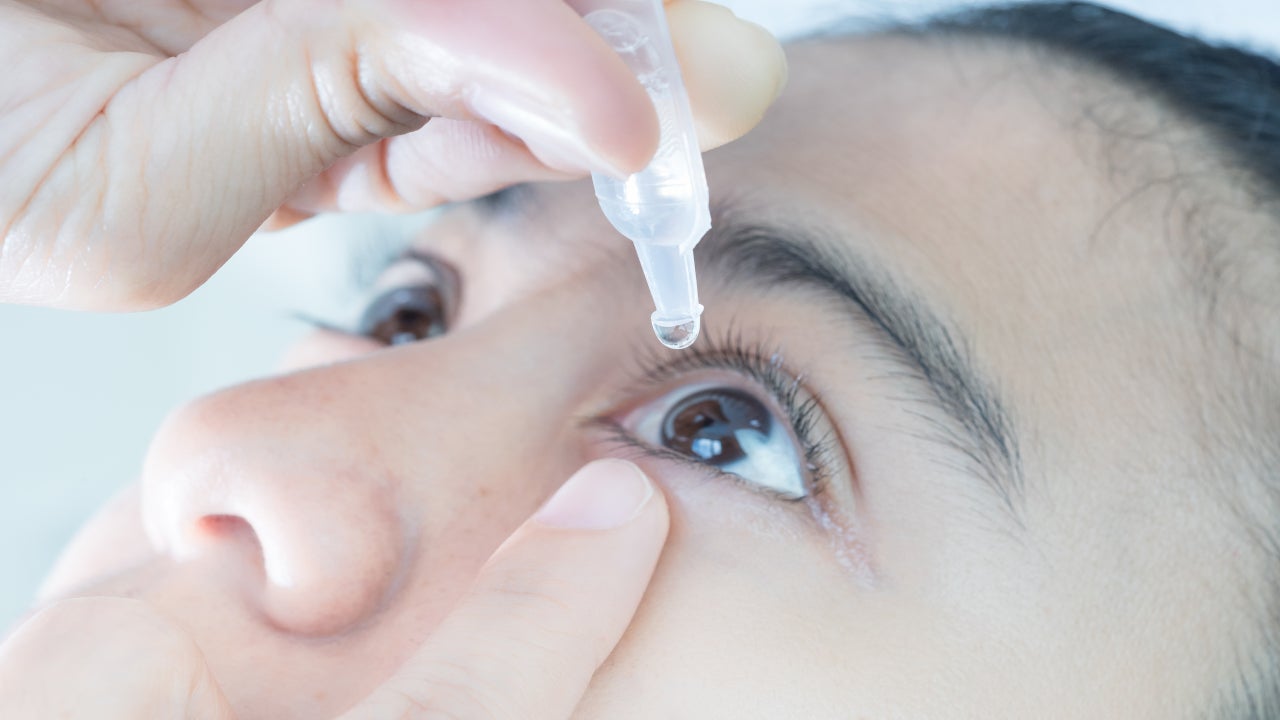As of 17 March, the FDA likelihood of approval (LoA) for Ocuphire Pharma’s Nyxol (phentolamine mesylate) in mydriasis rose by 9 points, according to GlobalData’s LoA update. The update comes after an announcement that Ocuphire’s Phase III MIRA-2 trial met its primary and multiple secondary endpoints.
While Nyxol previously had a 48% LoA, this increased to 57% after the results using GlobalData’s analysis using a combination of machine learning and its proprietary algorithm. According to a 15 March company media release, Nyxol met its primary endpoint, with 49% of subjects treated with Nyxol returning to ≤ 0.2 mm of their baseline pupil diameter at 90 minutes, compared with just 7% on the placebo control arm (p <0.0001). It also hit multiple secondary endpoints, such as a statistically significant and more rapid return to normal pupil size across a range of dilating agents and iris colours, as well as a faster return to baseline pupil diameter at 60 minutes.
MIRA-2 evaluated Nyxol’s activity in speeding up the reversal of pharmacologically induced mydriasis in 185 patients. Participants were randomised 1:1 to receive Nyxol or a placebo one hour after receiving one of three mydriatic agents (phenylephrine, tropicamide, and Paremyd). Nyxol is a once-daily alpha-1 and alpha-2 adrenergic antagonist eye drop being developed for several indications in addition to mydriasis.
Sean Rai-Roche is a Reporter for Clinical Trials Arena parent company GlobalData’s investigative journalism team. A version of this article originally appeared on the Insights module of GlobalData’s Pharmaceutical Intelligence Center. To access more articles like this, visit GlobalData.

US Tariffs are shifting - will you react or anticipate?
Don’t let policy changes catch you off guard. Stay proactive with real-time data and expert analysis.
By GlobalData




